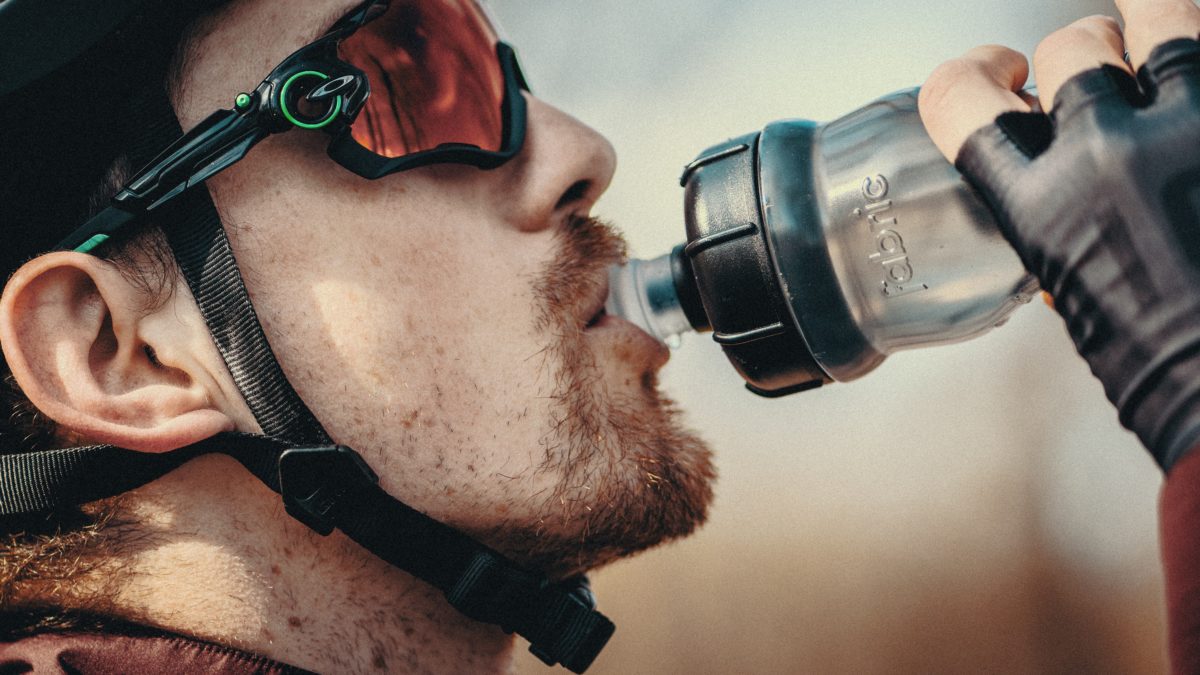
It’s been a glorious summer so far with many of us doing more miles than ever before due to lockdown however, I have found myself recently, nursing a dull ache coming from my chops. Is cycling bad for my oral health? Is my bike to blame?
Sports drinks, gels and bars are bad for your teeth. This finding, from research just published in the British Dental Journal, is hardly surprising.
Indeed, many cycling enthusiasts – even those that take the time to bake a home-made banana loaf or pilfer their wife’s carefully created energy balls – will likely take more interest in caring for their teeth than the population at large.
Sugary stuff is pretty hard to avoid. But we can sleep easy (once the lid is replaced on the tube), safe in the knowledge that those pre, during or post workout energy boosts have been safely brushed away.
Or not
“Elite athletes have high rates of oral disease despite brushing their teeth more frequently than most people,” the UCL scientists found.
Of the 352 Olympic and professional athletes in 11 sports, including cycling, 94% said they brushed their teeth at least twice a day, and 44% regularly cleaned between their teeth (flossing). This is far higher than the general population: 75% for twice-daily brushing and 21% for flossing.
I don’t know anyone who flosses, so maybe that’s a good place to start. But for those who are already doing that – as well as brushing, going to the dentist every 6 months, not smoking and eating healthily – the findings are a bit of a kick in the teeth.
Dr Julie Gallagher from the UCL Eastman Dental Institute Centre for Oral Health and Performance said it’s the gels, bars and drinks that are the issue.
“The sugar in these products increases the risk of tooth decay and the acidity of them increases the risk of erosion. This could be contributing to the high levels of tooth decay and acid erosion we saw during the dental check-ups.”
Now, these are ‘elite athletes’. As such, they may well be quaffing more sports drinks than your average Joe, or David. However, the fact they are seemingly doing all they can to protect their teeth and gums – and still have poor oral health must be hard to take.
Amongst those athletes, the researchers found:
- nearly half (49.1%) had untreated tooth decay
- the large majority showed early signs of gum inflammation
- almost a third (32%) reported that their oral health had a negative impact on their training and performance.
So now they’re looking at introducing more hygiene habits – like additional fluoride use from mouthwash, more frequent dental visits and reducing their intake of sports drinks – to help the professional cyclists, runners, swimmers et al improve their gnashers. The results aren’t out yet, so what can you do?
Professor Damien Walmsley, scientific advisor at the British Dental Association, had this advice for readers of The Draft:
“Competitive sport requires considerable energy to beat the competition – but quenching your thirst by sipping on energy drinks for long periods amounts to constantly bathing your teeth in sugar. The sugar-free varieties are just as damaging, as these drinks are also acidic which over time can strip the enamel of your teeth. This erosion makes teeth vulnerable to tooth decay.
“I’d advise people to steer clear of ‘energy drinks’. Drink plenty of water to stay hydrated, and perhaps consider more complex carbohydrates to sustain energy levels.”

For us mere mortals:
Start with a decent bowl of porridge before that long Saturday ride, providing slow release energy (maybe go crazy and add peanut butter – though be warned, it’s claggy so you’ll want to brush before leaving the house).
Keep hydrated, with water, which will also stop you getting ‘dry mouth’ (saliva helps protect your teeth). Then think about balancing what you need. If you are doing a session after work, think about the fuel you’ll need in advance, so you can go for the complex carbs rather than the last minute gel.
On longer rides, there’s a fair chance you could be over-fuelling, especially at the coffee shop stop. I’m also not sure where the science for the recommended intakes for energy gels comes from. One every 25-45 minutes – really? On whose advice: the marketing team? Can anyone carry that many gels on an 8-hour ride?
And for the commuters: you don’t need an energy gel on the way from Tooting to Westminster – however hard you ride.